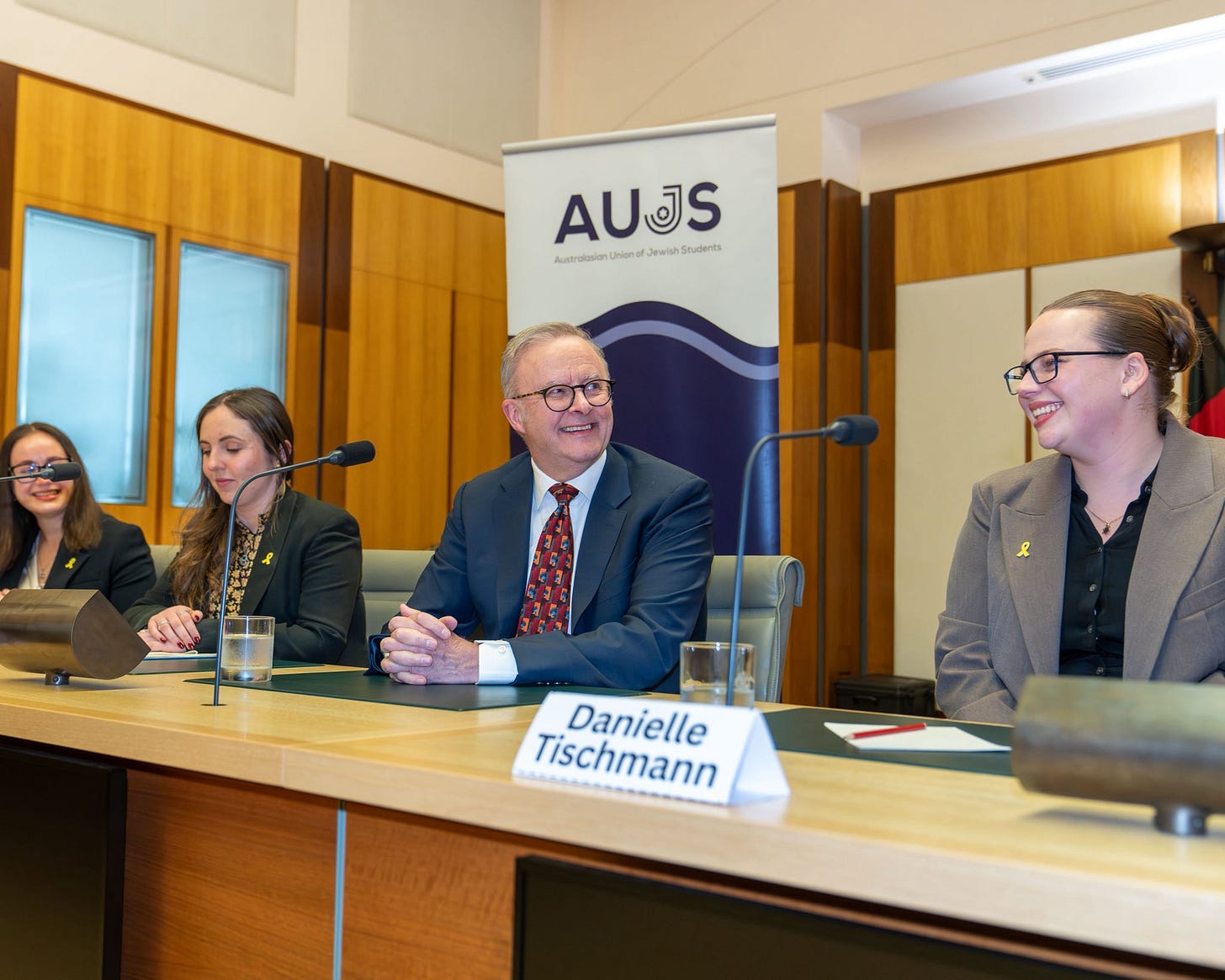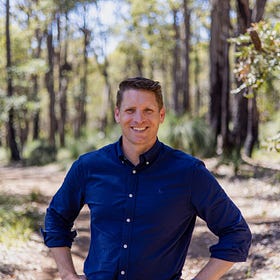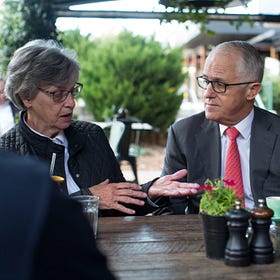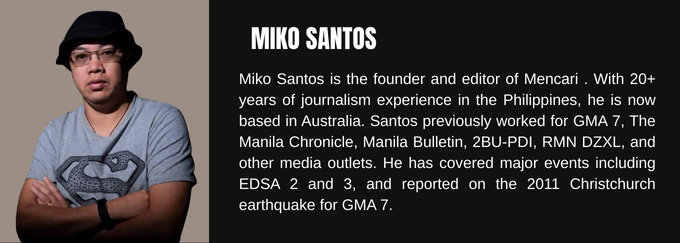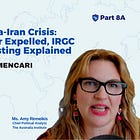Albanese Warns of Rising Far-Right Extremism, Expert Cites ‘Persistent Threat’ in Australia
Today’s email is brought to you by Empower your podcasting vision with a suite of creative solutions at your fingertips.
Prime Minister Anthony Albanese has warned Australians to remain vigilant against far-right extremism, describing groups and individuals who reject the authority of government and law as a growing concern for national security agencies.
Speaking in an interview with ABC News Australia, Albanese said the rise of movements such as “sovereign citizens” posed a risk to social cohesion and public safety.
“People who think they’re above the law are a real concern for authorities,” Albanese said. “ASIO have warned that this threat is very real and that we need to be very vigilant. We’ve seen people here in Canberra put forward those positions, demonstrating outside the Parliament. It is of real concern.”
Opposition Backs Government Over Iran Terror Designation as Jewish Community Reacts
Australia’s opposition has thrown its full support behind the Albanese government’s decision to expel Iran’s ambassador and formally designate the Islamic Revolutionary Guard Corps (IRGC) as a terrorist organisation after intelligence agencies confirmed Tehran orchestrated firebombing attacks against Jewish targets in Sydney.
ASIO Warning
The Australian Security Intelligence Organisation has repeatedly cited far-right extremism as a priority in its threat assessments. Director-General Mike Burgess has said the ideology, which has spread globally, is being multiplied by developments in the United States and is now entrenched in Australia.
Albanese said the warning could not be ignored. “The fact that this ideology means not seeing themselves as being subject to our laws and our society — that’s a real danger,” he said.
Truth matters. Quality journalism costs.
Your subscription to Mencari directly funds the investigative reporting our democracy needs. For less than a coffee per week, you enable our journalists to uncover stories that powerful interests would rather keep hidden. There is no corporate influence involved. No compromises. Just honest journalism when we need it most.
Not ready to be paid subscribe, but appreciate the newsletter ? Grab us a beer or snag the exclusive ad spot at the top of next week's newsletter.
Expert View
Dr Kristy Campion, a lecturer in extremism and policing at Charles Sturt University, told ABC News Australia the so-called “sovereign citizen” movement has been present in Australia since the 1980s and has adapted over time.
“The sovereign citizen ideology essentially comes from the United States, emerging in the 1970s during a difficult financial period,” Campion said. “We start to see it in Australia around the 1980s, and it became more litigious and vexatious until around 2017. That’s when we start seeing the movement escalating in rhetoric and becoming more violent in what they’re saying and doing.”
Campion said the movement is not a formal organisation but a loose collection of individuals and small clusters united by a belief that government is illegitimate. “Because it’s illegitimate, you can reasonably resist it and oppose it,” she said. “This is where we start seeing some of those really dangerous ideas, particularly about politicians, law enforcement and members of the judiciary being traitors to the Australian people.”
Australia Expels Iranian Ambassador as Turnbull Backs Terror Listing, Warns on AUKUS Risks
Former Prime Minister Malcolm Turnbull has endorsed the Albanese government’s decision to expel Iran’s ambassador and designate the Islamic Revolutionary Guard Corps (IRGC) as a terrorist organisation after intelligence agencies concluded Tehran orchestrated firebombing attacks on Jewish sites in Sydney and Melbourne.
Difficult to Measure
Campion said it was hard to gauge how widespread the ideology has become.
“One thing that makes it almost impossible to measure is that the sovereign citizen belief system is really personal in some ways and hybrid in others,” she said. “One sovereign’s belief system isn’t going to exactly match the next, which makes it difficult to both identify and calibrate.”
Non-Violent Majority but Escalating Rhetoric
Campion said most followers were non-violent, pursuing their beliefs through litigation or protests. But she said a growing number have embraced violent rhetoric.
“The vast majority are non-violent and generally pursue vexatious litigation and actions through the court system,” she said. “But what we have seen in Australia in the past seven or eight years is escalating violent rhetoric — threatening people in all sorts of horrible ways, particularly politicians, members of the police force, or people who work in the court system.”
She said this rhetoric can legitimise violence. “When you’ve got this sort of ideology in play, where you’ve got this division between friends and enemies so obvious, it does lead to that legitimation of violence against these people.”
Adaptive Threat
Campion said the ideology has proven highly adaptive, citing the COVID-19 pandemic as an example.
“During COVID-19, we take the normal sovereign citizen belief system that’s largely anti-government and focused on mortgages and taxes, and then we throw COVID-19 into the mix,” she said. “All of a sudden, we’re seeing sovereign citizens catalyse around health conspiracies and ideas that the government is secretly trying to conduct these horrible health actions against the average citizen. They also focused on border lockdowns and laws like the Colonial Boundaries Act.”
Campion said the adaptability makes the ideology a persistent challenge. “As events change in society around us, the sovereign ideology is uniquely positioned to adapt with that change in order to continue. It is a persistent and established threat in Australian national security landscapes,” she said.
Prime Minister’s Call for Vigilance
Albanese said the government would continue to back intelligence agencies in countering extremist threats.
“It goes without saying, Iran’s actions overseas were unacceptable, but so too is this threat from within,” Albanese said. “They put lives at risk, they terrified the community and they tore at our social fabric. We must have zero tolerance for people who believe they are above the law.”
Got a News Tip?
Contact our editor via Proton Mail encrypted, X Direct Message, LinkedIn, or email. You can securely message him on Signal by using his username, Miko Santos.
Sustaining Mencari Requires Your Support
Independent journalism costs money. Help us continue delivering in-depth investigations and unfiltered commentary on the world's real stories. Your financial contribution enables thorough investigative work and thoughtful analysis, all supported by a dedicated community committed to accuracy and transparency.
Subscribe today to unlock our full archive of investigative reporting and fearless analysis. Subscribing to independent media outlets represents more than just information consumption—it embodies a commitment to factual reporting.
As well as knowing you’re keeping Mencari (Australia) alive, you’ll also get:
Get breaking news AS IT HAPPENS - Gain instant access to our real-time coverage and analysis when major stories break, keeping you ahead of the curve
Unlock our COMPLETE content library - Enjoy unlimited access to every newsletter, podcast episode, and exclusive archive—all seamlessly available in your favorite podcast apps.
Join the conversation that matters - Be part of our vibrant community with full commenting privileges on all content, directly supporting The Evening Post (Australia)
Catch up on some of Mencari’s recent stories:
It only takes a minute to help us investigate fearlessly and expose lies and wrongdoing to hold power accountable. Thanks!




